A zona
Nessa série, fruto de suas viagens a região de Chernobyl, na Ucrânia, devastada depois do acidente nuclear ocorrido em 1996, Herbaut figura um intrincado jogo que equaciona realidade e ficção,memória e desejo de esquecimento. Com um olhar lírico retrata essa devastação nas paisagens humanas e naturais dando a ver cicatrizes na terra e na rotina, bem como formas de vida que ainda, de alguma forma, seguem por ali.
Paris (França)
I can see in front of me this snow-covered bridge, the bluish evening light and the wolf footprints. I have been in Tchernobyl’s forbidden Zone for two days. I didn’t want to come back. I had already spent too long in this place between 2009 and 2011. Four months to lose myself in this forbidden land that has fascinated me since my first trip in 2001. I had mixed feelings about it. I was both attracted and repelled. The fear of the too contaminated plaques. The Zone has offered a space for reflection to my mind. I am no longer interested by Tchernobyl or its history, not even by the impact. I would like to close my eyes and forget. And yet, I can see Piotr walking in the snow about to cross the forbidden Zone to steal contaminated metal. I can hear Igor saying “I will be your shadow”. I can see Larissa getting undressed in the hotel in Ivankov, and she wonders : “ why am I doing this ?”. I can smell alcohol on the breath of the militia. “We were furious. We would have got a bonus for arresting you in the area”. I can see Vladimir singing and making me drinking until I was ill. Through the alcoholic haze I can see a man getting lynched. I can hear the dull thud of his skull hitting the ground and my radiometer wailing that I shouldn’t hang around.
Tchernobyl screws with my head and leaves me disorientated and it’s very hard to shake it off. And then, there is still this bridge and the wolf footprints in the snow. There is this black deep water. The Uzh river. I must leave. One step too far, a sudden shock and I feel the ice cold water piercing through me and realise there was a hole hidden in the snow. My shinbone is hurt. Nothing serious apart from the sudden fear and the confirmation that my trip was over.
In 2001, Tchernobyl took me from black and white to colour and from motion to boundaries. Basically, I was going from reporting to documentary forcing me to think about my approach of photojournalism. In 2009, Tchernobyl let me treat reality as a substance which I could drown in, intensifying the feeling of unreality, and escaping from freeze-frame.
With time, Tchernobyl has become a beacon, a lighthouse with deathly glow.

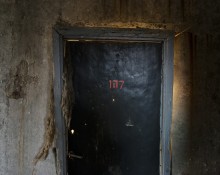
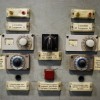
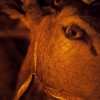
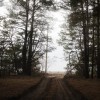
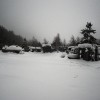
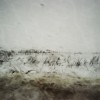
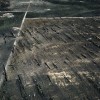
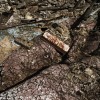
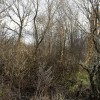
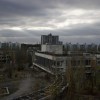
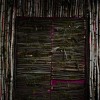
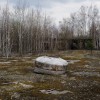
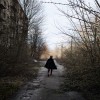
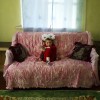
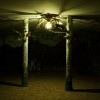
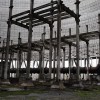
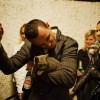
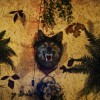
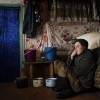
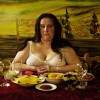
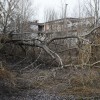
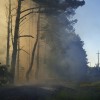
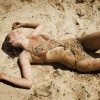
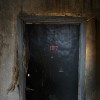
Recent Comments